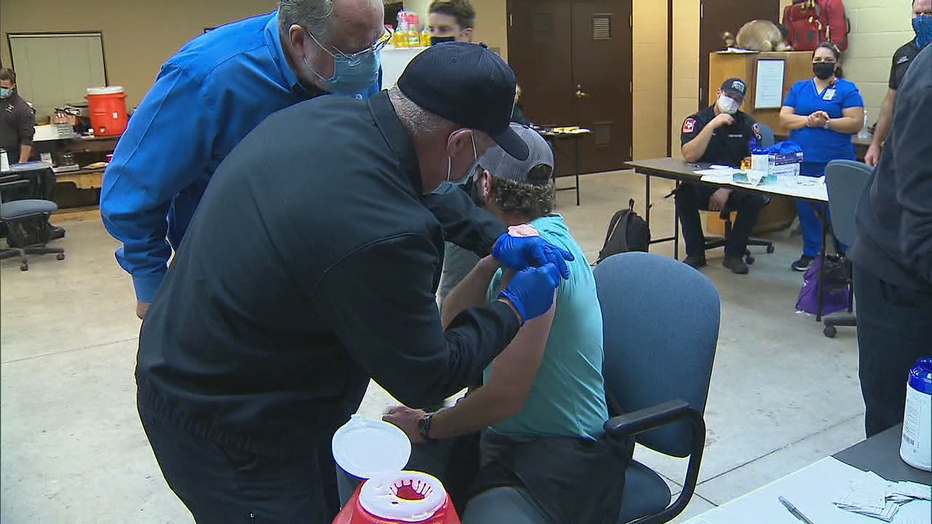Ending COVID-19 public emergency may end expanded health programs
Ending COVID-19 public emergency may end expanded health programs
The declaration allowed access to free testing and free vaccines for those who needed it most but could afford it least. Telehealth medicine was expanded under the public health emergency declaration and was covered by Medicaid expansion, which also meant more connections between doctors and patients vulnerable to a host of medical problems. But that all could soon come to an end.
DALLAS - Many Americans are ready for the COVID-19 health emergency to finally end.
But the programs that have been used by millions of Americans like expanded telemedicine visits may be gone when the emergency declaration ends.
While COVID variants still make people sick, fewer are hospitalized and dying. That means protocols put in place by the government could soon end.
"The public health emergency declaration that the federal government put implemented in January 2020 was a critical component to the federal government’s response to the COVID-19 pandemic," said Dr. Julie Morita with the Robert Wood Johnson Foundation.

That declaration allowed access to free testing and free vaccines for those who needed it most but could afford it least.
Telehealth medicine was expanded under the public health emergency declaration and was covered by Medicaid expansion, which also meant more connections between doctors and patients vulnerable to a host of medical problems.
"So those kinds of protections are what we are in danger of losing when the public health emergency ends," Morita said.
Dallas County Health Director Dr. Philip Huang told commissioners last week that policies being eased make it challenging to keep attention and. in his words, alarm for people to get vaccinated and get booster shots and continue with the protocols to guard against COVID.
"Again, the policies and some of the things that can boost compliance, those aren’t in play," Dr. Huang said.
They are policies Dr. Morita says intersected with politics.
"What's happened during this pandemic has really been the politicization of public health, and politics has gotten actually in the way of implementing good science," she said. "And I think it’s really important for us to shift the focus back on public health as the place to go for evidence-informed, evidence-based recommendations that really keep us healthy as a nation.

